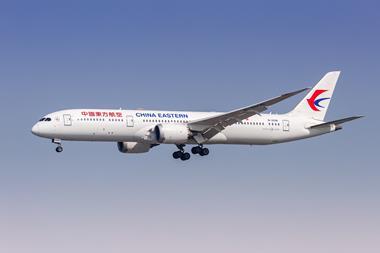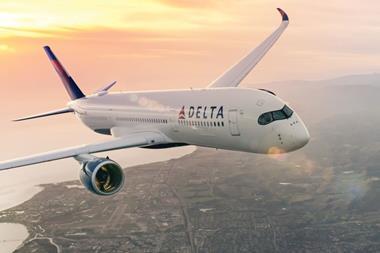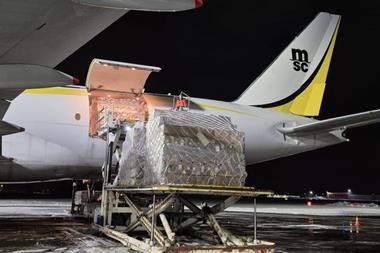IAG APPEARS to have hit the belly cargo jackpot with the first scheduled, non-stop transatlantic service from London to Austin.
The capital city of the oil-and-gas-producing southern state of Texas, has historically played third fiddle to its more popular sister cities of Dallas and Houston.
This is despite the fact that Austin has been described as America’s fastest-growing city for the fourth consecutive year, with a 2.5 growth rate in 2013 (source: Forbes).
It is a positive trend recognised by David Shepherd, head of commercial business at IAG Cargo, the freight arm of British Airways and Iberia.
“British Airways has a long tradition of being in the Texas market. We’ve served Houston and Dallas for a great many years and are the biggest international carrier in the North American market. We are we are very proud that we are adding a third gateway at Austin,” he told the Chamber of Commerce.
Strategically located in the ‘TX Triangle’, home to 15,200 manufacturing businesses including major employers Apple, Dell, IBM, Freescale Semiconductor, Samsung and Whole Foods, Austin exports totalled just under US$9bn in 2012.
Computer software and electronics (‘Silicon Hills’) remains its biggest exported commodity worth an impressive $4.98bn (62.5 per cent) between 2008 and 2012.
Austin’s economy expanded by 5.88 per cent last year and IAG Cargo believes its new services will benefit the city’s thriving technology and pharmaceuticals industries by connecting businesses to the 350 destinations in its global network.
The new route, operated with a B787 optimised for bellyhold cargo, with air conditioning in the forward hold – ideal for temperature-sensitive goods – is already bearing fruit, having achieved an 88 per cent load factor only three weeks after its inaugural flight on March 3. The service switched from five flights per week to daily at the beginning of this month.
Joe LeBeau, vice-president for North America at IAG Cargo, says: “Every so often I sit on the leadership team in New York Manhattan for British Airways. When we talked about Austin two years ago, it was the first time I had ever just [instantly] raised my hand and announced: ‘This (Austin) is a ‘no-brainer’ for cargo, so if you want me to be a part of the business case, I am all in. I can’t say that about any other service that we have sat and talked about adding to our network. I was so confident about Austin and the concept.”
What is a surprise for LeBeau has been the volume of imports traffic and it is not all just destined for Austin – some is being fed to San Antonio, Laredo. “We are even seeing flows moving back down over to Dallas and Huston. It is a really good picture.”
Echoing his comments, Shepherd adds: “The beauty of this route so far is that it has been fantastic in both directions. We have seen superb imports (Scottish salmon, automotive) into this market and we’ve also seen excellent exports. The [two-way] load factor has been very strong.
“To get that level of balance on the route is really quite important, not least for the route profitability to keep the sustainability of the route in place.
“Equally, to do it so quickly suggests just how much business there is in this part of the world. So we could not be happier about the way this route has started so far.”
Read Thelma Etim's full interview in Air Cargo News 19 May – Issue No.777










